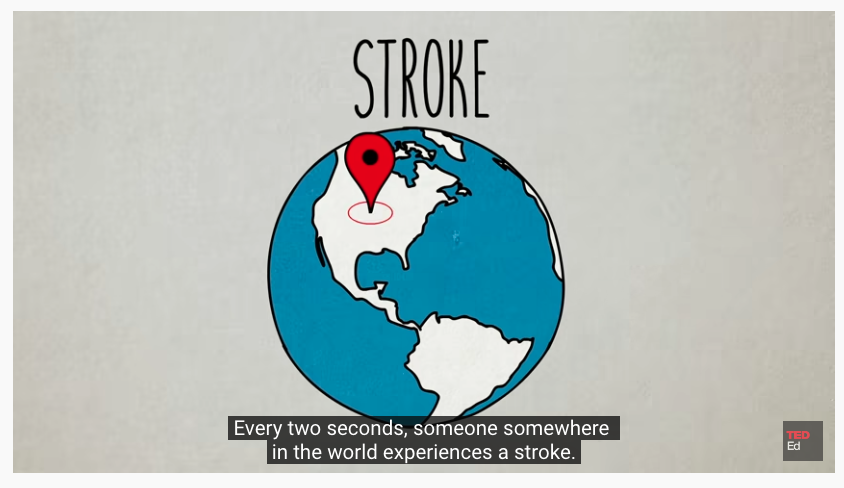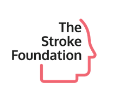Walking Difficulties After a Stroke

A stroke can have a significant impact on mobility, making walking challenging for many survivors. Walking difficulties can vary widely depending on the severity and location of the stroke. Understanding the different types of walking difficulties after a stroke is crucial for rehabilitation and improving quality of life. Here are some common walking challenges stroke […]
Stroke in Women: Recognizing The Unique Signs You Need to Know

March is Women’s History Month, a time to honor the contributions and resilience of women throughout history. It’s also a perfect opportunity to raise awareness about an important health issue that affects millions of women worldwide—stroke. While many people are familiar with the common signs of stroke, fewer realize that stroke often presents differently in […]
The Connection Between Heart Disease and Stroke: What You Need to Know

Heart disease and stroke are two of the leading causes of death and disability worldwide. While they may seem like separate conditions, they are deeply interconnected. Understanding this relationship can help individuals take proactive steps to reduce their risk and protect their overall cardiovascular health. How Are Heart Disease and Stroke Connected? Both heart disease […]
Blood Pressure and Stroke

High blood pressure, or hypertension, is a leading cause of strokes worldwide. Despite its significance, many people are unaware of their blood pressure levels or how they can manage this critical risk factor for stroke. In this blog article, we will explore the relationship between stroke and blood pressure, why monitoring it matters, and how […]
Nutrition and Stroke

Written by : Tristan Carroll, RN March is National Nutrition Month. It’s a great time to start thinking about your nutrition habits and overall lifestyle patterns to make healthier choices. This month’s focus is about how nutrition can affect your risk for stroke as well as managing your nutrition in recovery post stroke. Nutrition and […]
Understanding the Connection between Stroke and Heart Health

Written by : Tristan Carroll, RN Understanding the Connection between Stroke and Heart Health February is Heart Health Awareness Month. Your cardiovascular health can be connected to your brain health. Understanding the connection between Stroke and Heart Health can help you to be aware of your risk for developing heart disease which may lead to […]
Stroke Awareness Month

May is Stroke Awareness Month, a time dedicated to increasing awareness about stroke, its causes, and its impact on individuals and families. Stroke is a leading cause of death and disability worldwide, and it is important to understand its warning signs and risk factors. A stroke occurs when blood flow to the brain is disrupted, […]
Stroke in young people

When we think of stroke, we often think of an older population being affected. However, strokes can happen to anyone, regardless of age. In fact, there has been a significant increase in the incidence of stroke in young people in recent years. This trend is concerning, as stroke in young people can have unique risks […]
What happens during a stroke?

Explaining what happens during a stroke can be challenging. This informational video hosted in TED ED and accessible through YouTube, educates in a simple and direct manner the causes, signs, and symptoms of strokes. Leveraging medical knowledge to all audiences and using the Ted Ed animations platform, Dr. Goswani developed this fantastic tool to share […]
Stroke in women – risk and symptoms

Although more men have strokes per year than women, women’s strokes tend to be deadlier. This is due to a variety of factors, including significantly different symptoms of a stroke as well as women-specific risk factors that men don’t have. In this article we will explore what those risk factors are, and what unique symptoms […]

